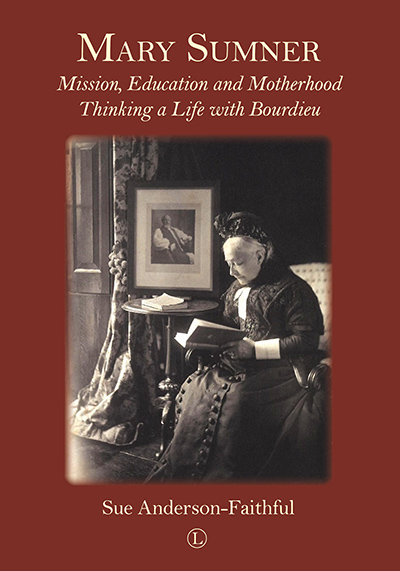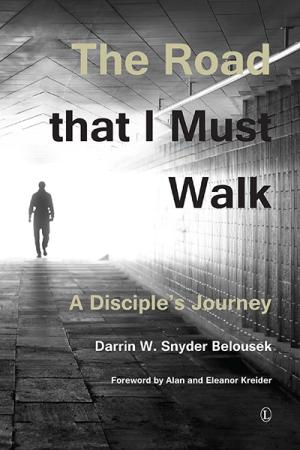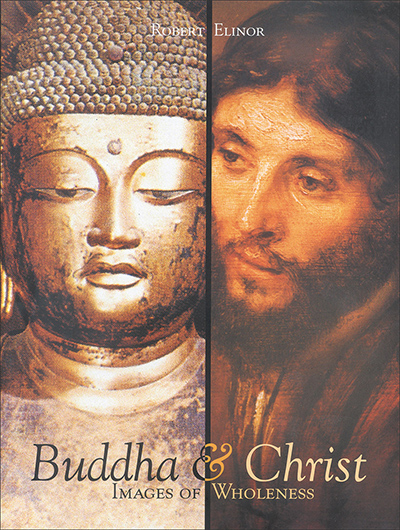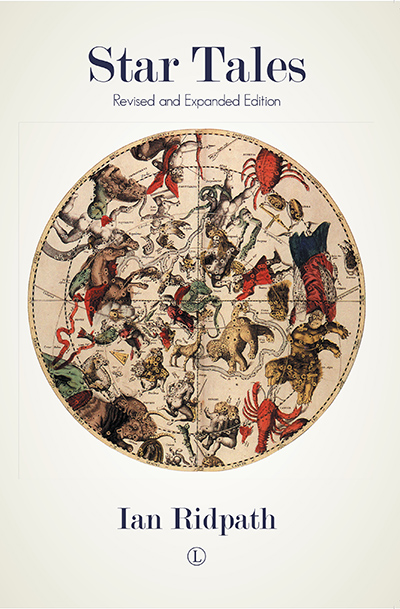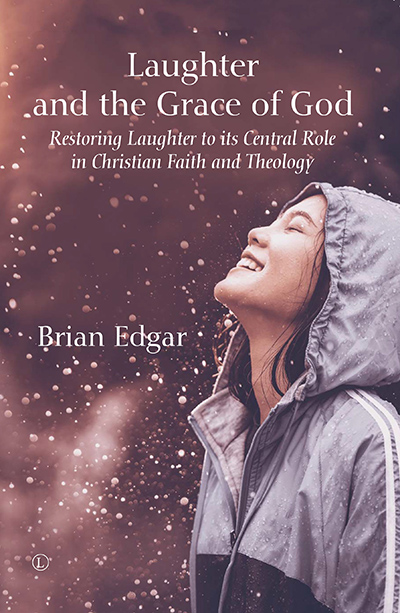Description
The founder and president of the Mothers’ Union, one of the first and largest women’s organisations, Mary Sumner (1828-1921) was an influential educator and a force to be reckoned with in the Church of England of the late nineteenth and early twentieth centuries. Using the analytical tools of the sociologist Pierre Bourdieu, Sue Anderson-Faithful locates Mary Sumner’s life and thought against social and religious networks in which she was restricted by gender yet privileged by class and proximity to distinguished individuals. This dichotomy is key to understanding the achievements of a woman who both replicated and shaped Victorian attitudes to women’s roles in society.
To Mary Sumner mission and education meant the propagation of religious knowledge through progressive pedagogy. Her activism was intended to promote social reform at home and nurture the growth of the British Empire with mothers wielding their political power as educators of future citizens. The symbiotic relationship between Church and State concentrated power in the hands of a ruling class with which Mary Sumner identified and which she supported. In her view the legitimacy of national and imperial rule was intertwined with the moral force of Anglicanism. Sue Anderson-Faithful interprets Mary Sumner’s lifelong work in the light of these relationships, contrasting her assertion of personal agency and an empowering discourse of motherhood with her simultaneous reinforcement of patriarchy and class privilege.
About the Author
Dr Sue Anderson-Faithful is a senior lecturer in the Faculty of Education at the University of Winchester where she teaches history and the pedagogy of history. She is a member of the Centre for the History of Women’s Education. Her research focus is on Anglican women’s philanthropic and educational activism in the Victorian and Edwardian eras, in particular the Mothers’ Union and Girls’ Friendly Society. She is the editor of the Sybil Campbell Collection newsletter and a joint editor of History of Education Researcher.
Contents
Abbreviations
Illustrations
Author’s Note
Timeline
Objects of the Mothers’ Union
Introduction: Mary Sumner: Her Life and Work, Perspectives, Sources, Interpretations
1. Thinking Mary Sumner with Bourdieu: Habitus, Field, Capital, Pedagogic Authority, Symbolic Violence and Reproduction
Part 1: Religion
2. A Family Affair: Mary Sumner, Religious Habitus, Evangelical Enthusiasm and Anglican Advocacy
3. Anglican Motherhood for Church and Country: Mary Sumner, Religious Networks and the Mothers’ Union
Part 2: Mission
4. Home and Abroad: Mary Sumner and Traditions of Philanthropy, Evangelical Religion and Civilising Mission
5. Mary Sumner, Missionary Mothers and Imperial Aspirations
Part 3: Education
6. ‘Education Begins at Home’: Educational Habitus, Childhood and Childrearing
7. Spreading the Word: Educating the Populace
8. Mary Sumner: Agency and Constraint, Reproduction, Symbolic Violence and Changes in the Doxa
Tables
Table 1: Activists in the Mothers’ Union and GFS
Table 2: Episcopal Contacts of George and Mary Sumner
Table 3: Wording of Mothers’ Union Cards
Appendices
Appendix 1: Mary Sumner’s Speech to the Portsmouth Church Congress
Appendix 2: Biographical Notes on Women Activists
Primary Sources
Bibliography
Index
Endorsements and Reviews
Mary Sumner was the founder of what would become the largest and most powerful women’s organisation in the Church of England – the Mother’s Union. In this fascinating, thought-provoking study of Sumner’s life and activism, Sue Anderson-Faithful outlines the significant moral, educational and philanthropic influence exercised by an ostensibly non-political institution across a breadth of women’s concerns. Sumner’s own emotional and theological interiority is also sensitively and insightfully handled. This book will make an extremely valuable contribution to the growing field of scholarship on women, religion and associational life.
Sue Morgan, Professor Emerita, Department of History, University of Chichester
A scholarly study and candid assessment of Mary Summer and her work. Women around the world owe her a great debt. Today the MU claims four million members drawn from eighty-three countries in the worldwide Anglican Communion. Sumner promoted motherhood as being a ‘spiritual educative vocation’ which reflected her experience of the value of maternal influence and of a religious home life.
Susan M. Parkes, Fellow Emeritus, Trinity College, Dublin
This is a gem of a book. Not only does Sue Anderson-Faithful tell a compelling story about Mary Sumner, in ways that validates the importance of women’s histories but she also thinks deeply about how power works within context. Thinking about the interplay between agency and structure in the activism of motherhood enables the story to lift off the page. Histories of people and their contributions are about the relationship between the person and the predicaments of a lived life. We need more histories of activism by activist historians; we need more histories like this.
Professor Helen Gunter, The Manchester Institute of Education, University of Manchester
Sue Anderson-Faithful has written a well-researched and minutely documented life of Mary Sumner.
Bernice Martin, in Church Times, 20 July 2018
Anderson-Faithful [adoitly draws] the reader in … enough to intimately engage with the dynamics of power among its fields.
Johari Murray, in Paedagogica Historica, 11 July 2019
New light is cast on familiar battlegrounds such as ritualism through Sumner’s personal experiences.Edwards Keene, The Global Anglican, Spring 2021

